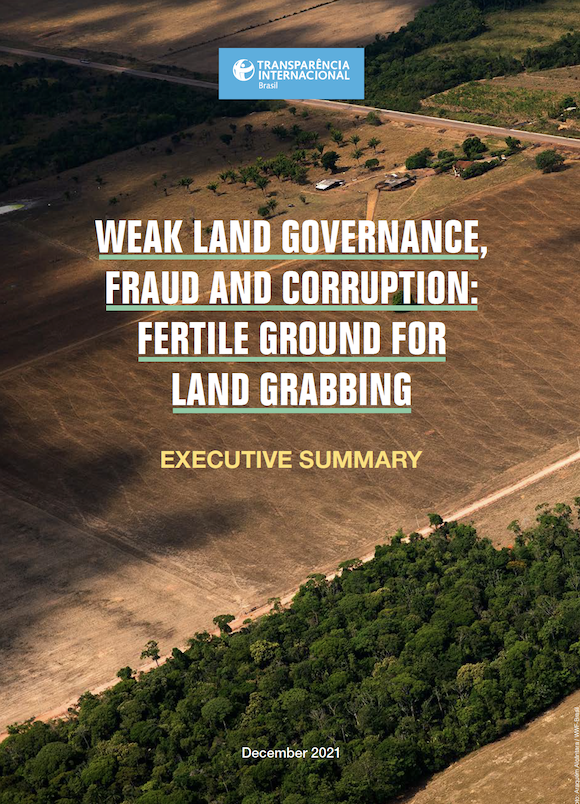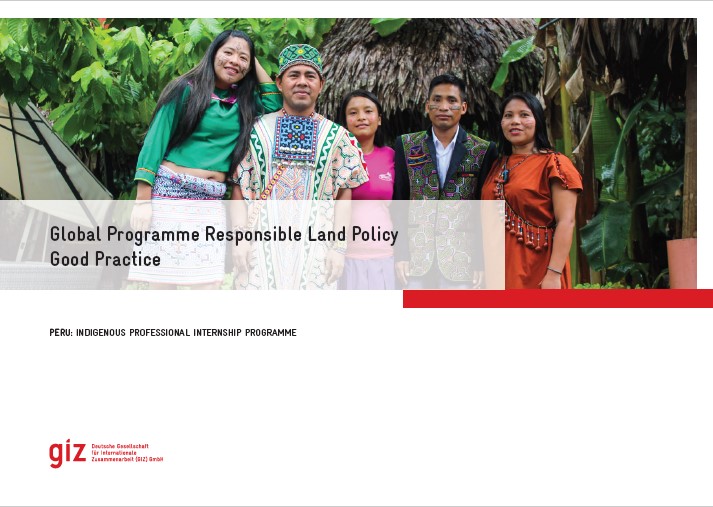Customary Versus Conventional Land Administration Systems In Sub-Saharan Africa
Context and background: The essential emerging reality from the statutory-versus-customary tenure debate is that both customary and statutory tenure systems have faults and good merits.




